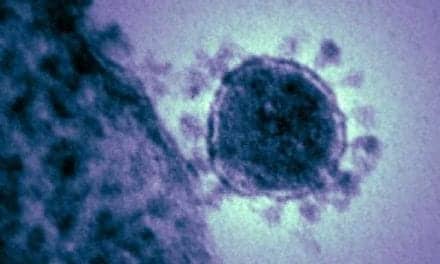A new study on influenza D aims to determine whether the virus can pose a threat to humans.
Although a new influenza virus, now called influenza D, was discovered first in pigs, researchers found it was more common in cattle. However, further research has identified antibodies to the virus in small ruminants, but not in poultry.
To identify exposure to the virus, South Dakota State University doctoral student Chithra Sreenivasan tests blood samples for influenza D antibodies. Working with the Minnesota Poultry Testing Lab, she found no evidence of the new influenza strain in poultry; however, she did find antibodies to the virus in sheep and goats from the Midwest through blood samples archived at Washington State University.
Sreenivasan co-authored a paper on those findings that was published in the international journal Veterinary Microbiology last year. In ongoing work, she and her colleagues have also identified antibodies in horses. For her work, she has received the Joseph P. Nelson Graduate Scholarship Award that recognizes original scientifc research.
“The virus has not been shown to be pathogenic in humans. No one should be afraid of this,” professor Radhey Kaushik said. SDSU alumnus Ben Hause, now a research assistant professor at Kansas State University, discovered the virus, which he identified and characterized as part of his doctoral work under tutelage of his research adviser, professor Feng Li.
Li and Kaushik secured a National Institutes of Health grant for nearly $400,000 to continue this work. Both faculty members have joint appointments in the biology and microbiology and veterinary and biomedical sciences departments at South Dakota State.









